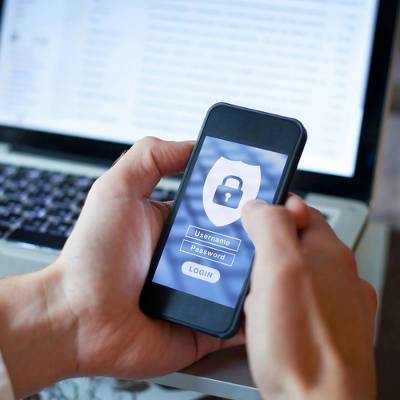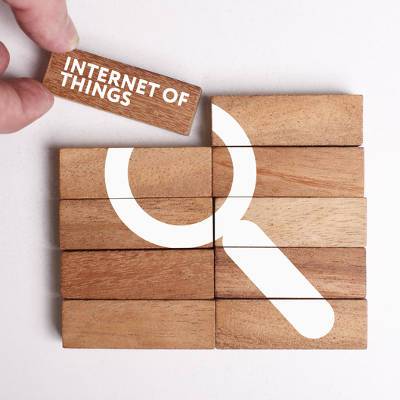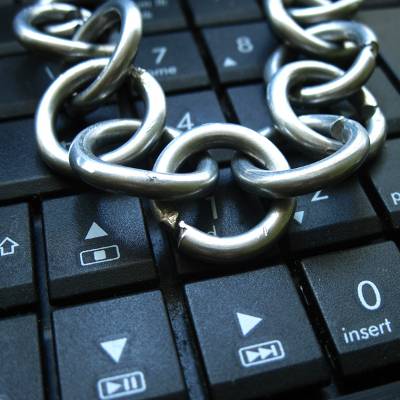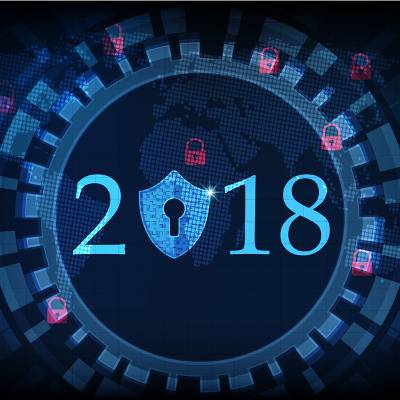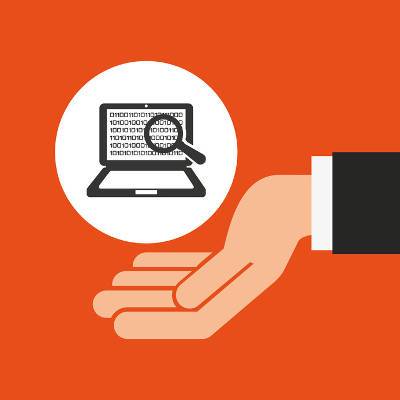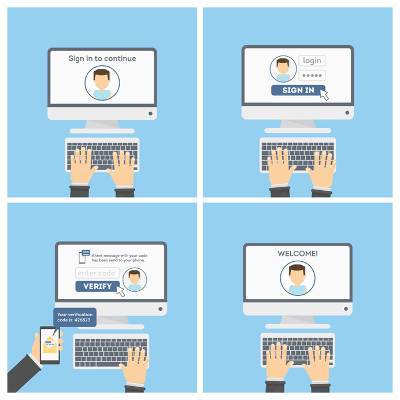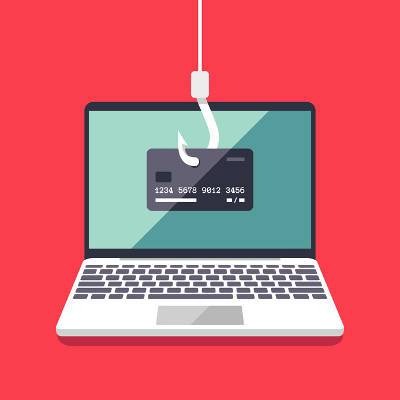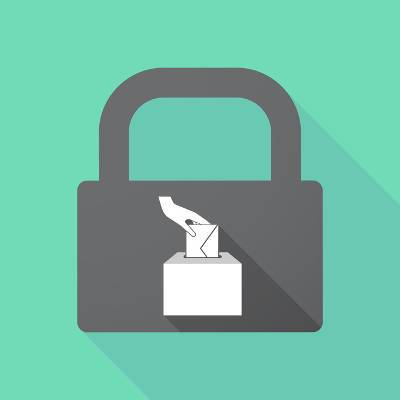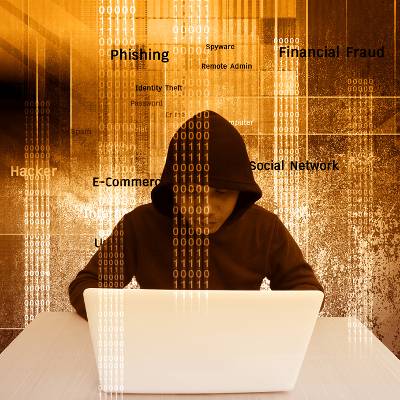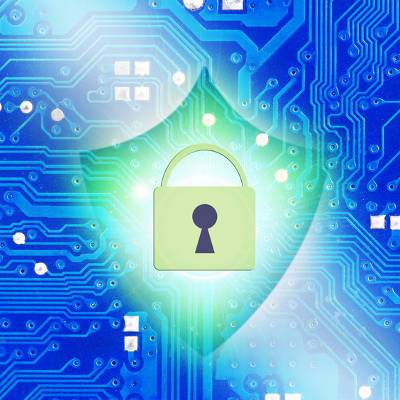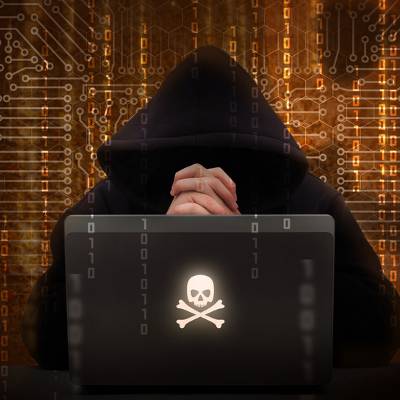As vital as the security solutions that keep a network safe are, they can be rendered futile if a cybercriminal is skilled in social engineering. Social engineering involves utilizing manipulation to gain access to protected resources. If your company and its team are vulnerable to a social engineering attack, your data security strategy is lacking an important piece.
Macro Systems Blog
With businesses these days relying significantly more on mobile devices, they have to be sure that the utilization of these devices doesn’t add security issues for the business. In lieu of the prominent role smartphones play in this modern business era, it is imperative that you find out how to protect your business. Below are a few ideas on "how to lock it up or lose it."
Tech support has one job: to help you with tech-related problems. Unless it's fraudulent tech support, that is. Many criminals will pretend to be a support tech to gain a target’s trust, with the intention to cause them serious problems. To keep your business safe, make sure that you are able to spot the warning signs of tech support fraud.
The Internet of Things is somewhat familiar to the world now. IoT devices are in your homes, in your offices, and in your pockets. While these devices are very helpful, they also add to some significant security hazards. Let's review some of the ways to limit these risks while still leveraging the IoT.
Connectivity is one of the biggest advantages of mobile technology, but some developments have taken this aspect to wild heights. The Internet of Things is making companies rethink the conventions of connectivity in ways which had not been necessary. Unsurprisingly, the Internet of Things is forcing business owners and others to remain skeptical of connected technology to a certain degree, and a survey from Cisco highlights this trend.
Just a few months after the firmware in their computer chips was revealed to be significantly flawed, Intel’s flagship product has yet again resulted in negative attention to the company. While the issue now has a fix, there was the possibility that a solution could reduce the functionality of the CPU.
This year could be a significant year for your business; your business needs to be around long enough to see any positives that may come its way, though, which means you need to be prepared for the negatives. Here are four resolutions for you to make this year to help preserve your company’s cybersecurity.
During Christmas, technology is unavoidable. Traditionally, the holidays were a time when things slowed down for companies, people spent time with their families, and business was put on the back burner. Those days are over. The modern professional is lucky to get a day off for Christmas; and, because of the way business works today, may be asked to do more than ever around the holidays.
There are not many security problems that are more dangerous than a network breach. Considering how much you could lose from an unexpected run-in with a hacker, it’s not a surprise that companies are worried. Somehow, even some of the most troubling threats like phishing attacks are often overlooked. A new study introduces the groundbreaking thought that phishing attacks should be at the front of a business owner’s mind regarding network security.
Data security has to be an absolutely critical consideration of the modern business, so every small step you can take to protect your business is important. One such step is the implementation of two-factor authentication. Warning: your employees may not initially feel very comfortable with some facets of two-factor authentication.
It's reasonable that people may see having a credit card stolen as identity theft, but that is an oversimplification that can prove dangerous. While credit card theft is an element of identity theft, equating the two means that other forms of identity theft are overlooked. Let's go over why identity theft and credit card theft are not the same thing, and what you can do to help keep your business safe.
Insider dangers contribute to a remarkable number of data breaches. These cases of data vulnerability are permitted by a member of your workforce, whether they intended to harm your business or simply made an honest mistake. With so much focus directed toward the dangerss out in the world, sometimes we forget that the biggest threats can be among our ranks. Here are a few ways to keep insider dangers from doing your business significant harm.
The capability to vote is one of the most significant rights in the world, setting an individual's voice and opinion into action to shape history. However, it has been demonstrated that the electronic voting machines that some states in the United States use just are nowhere near secure enough to ensure that the democratic process is preserved.
There are numerous businesses in the world that straight-up can’t have hackers and cyber criminals interfering with their data. One of these organizations, CERN (whose acronym translates to the European Laboratory for Particle Physics) has far too powerful of a computer grid to allow hackers to access it. To keep it safe, CERN has deployed what may be the future of cybersecurity: artificial intelligence (AI).
A significant number of security risks come from the interior of your business. User error on the part of the employee can bring serious issuess for your workflow, data security, and the integrity of your organization. User error could be as simple as an employee clicking on the wrong links when they receive a suspicious email in their inbox, or if they are accessing data that they simply have no business accessing in the first place. There are even situations where organizations completely forget to remove employee credentials when they depart the company, resulting in a vulnerable opening in your network. The bottom line is that user error must be accounted for.
There are numerous surveys and reports produced each year that evaluate digital threats and cybercrime. Not every publication applies to every business - but many of them do have some important take aways regarding the best practices of handling IT. Here’s few highlights from the 2017 Cyberthreat Defense Report that offer important insight for SMBs and their use of technology.
If you’ve watched the news lately, you may have seen the Equifax breach and the absurd fallout it has caused. Over 133 million personal records have been stolen. While it’s difficult not to feel individually victimized by such a breach, it’s vital to realize that it’s usually not your specific credentials targeted by cyber criminals. Since businesses often hold onto valuable information, they have large targets planted onto them. It doesn’t stop there--any vendors or partners you deal with are also in danger of cyber attacks.


